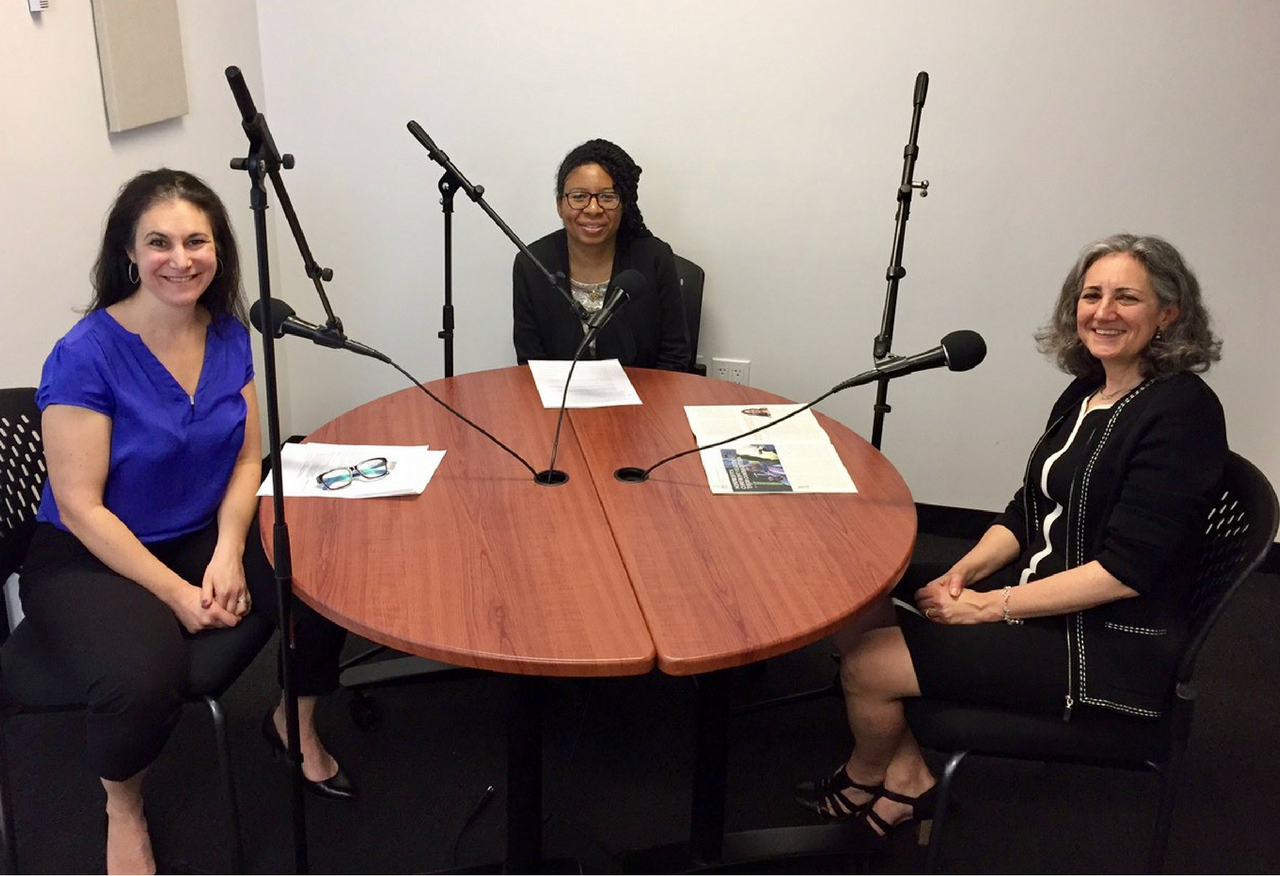News & Events

Can Parent-Child Home Programs Work in Homeless Shelters? Just Listen
Can Parent-Child Home Programs Work in Homeless Shelters? Just Listen
Parents can learn how to prepare young children for success in school—even when families face the adversity of homelessness. A recent NYN Media Insights Podcast explored how Leake & Watts successfully adapted the Parent-Child Home Program (PCHP) model to work with transient families no matter where they stay each week.
Preschoolers in the program have shown a 121% gain on average in school readiness and social and emotional development, said Meredith Barber, senior director for institutional advancement at Leake & Watts, in the interview. Meredith was joined in the podcast by Sarah Walzer, CEO of the national Parent-Child Home Program, which worked closely with us in expanding the program.
Leake & Watts has operated a traditional PCHP for families living in The Bronx for several years. It began to take the program into homeless shelters when several PCHP families lost a place to live. This year, thanks to a generous $140,000 grant from Deutsche Bank Americas Foundation, Leake & Watts was able to expand its PCHP services to 36 children from 16 in transient housing.
In the podcast, Meredith described that Home Visitors go twice a week to wherever families are staying. Each week, visitors bring a new book or educational toy each week, and model how parents can use books and toys to read, play, and talk with their preschoolers and build pre-literacy skills.
Meredith explained that Leake & Watts’ has long supported families living in extreme poverty in The Bronx, and therefore understands the challenging logistics of supporting families who may be forced to move from place to place. “Families who move between shelters and temporary residences, ‘double up’ with other families, and rely on pay-as-you-go cell phones, are difficult to reach, but we connect with them,” she said.
The benefits of the PCHP model spread beyond school readiness, Meredith pointed out. “Both parent and child benefit from the positive interaction, attention, and affection. They laugh and smile, and truly engage with each other through the books and toys,” she said. “It strengthens bonds that help families weather the storms.”
